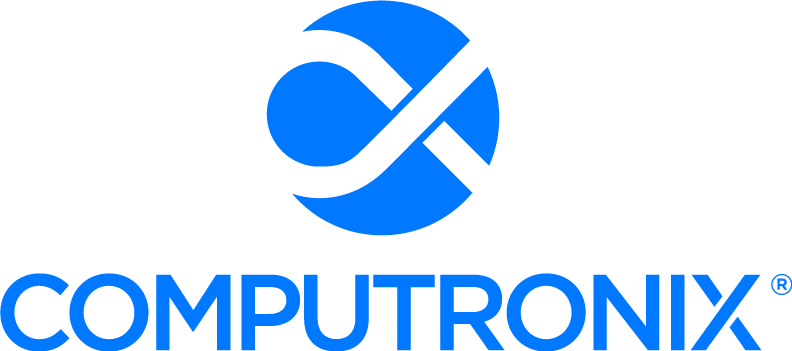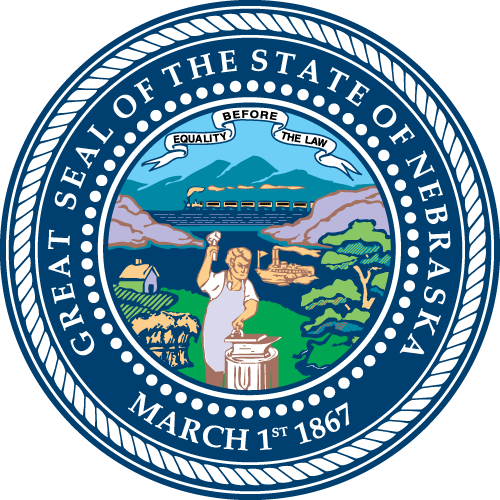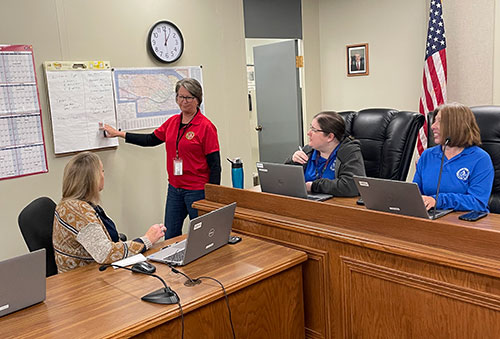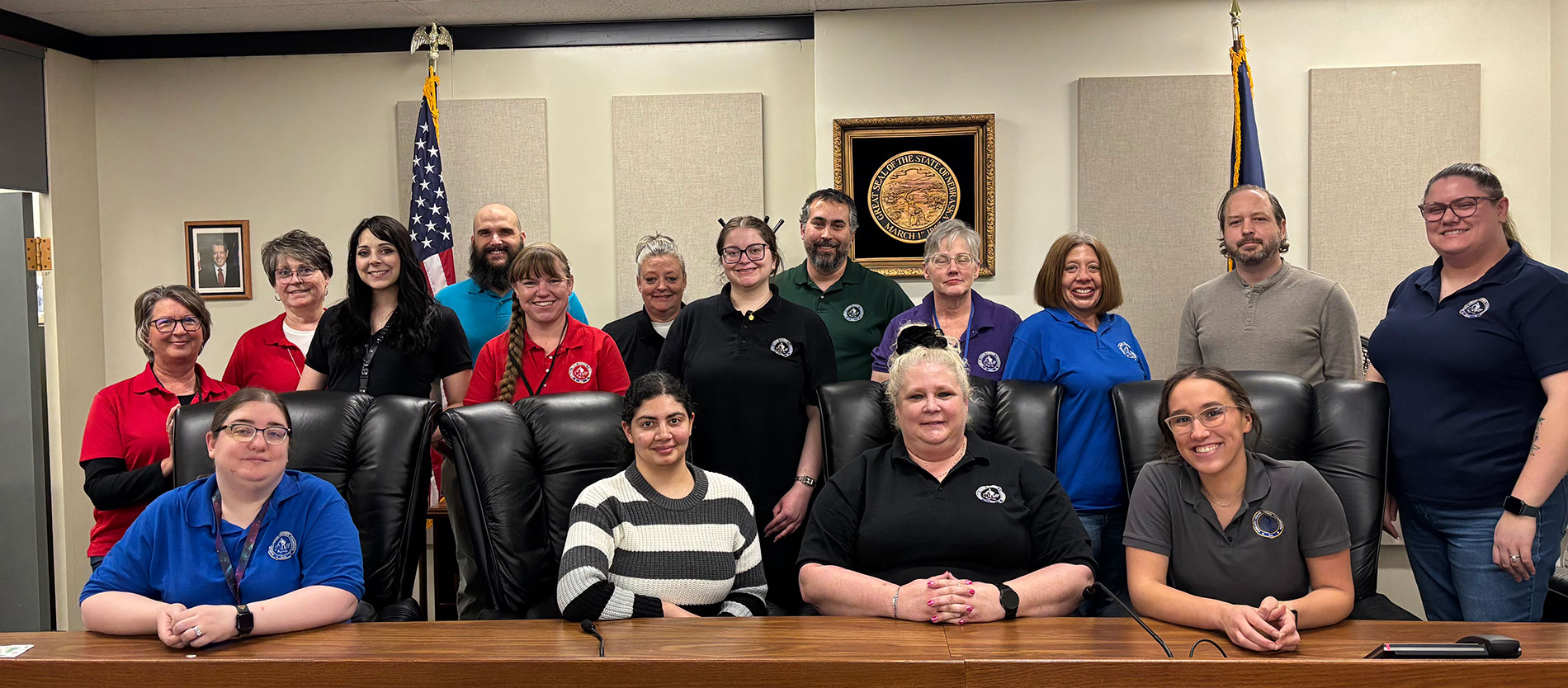Crucial as it is to get the procurement and vendor selection processes right, it’s equally imperative that an organization effectively engages its staff to activate their attention and enthusiasm for the transformation journey to come.
From the start, the NLCC adopted an effective “Product Owner” mindset, empowering key staff to make decisions. By involving staff at all levels throughout the procurement and evaluation process, Agency leadership excited future system users and prepared them for the modernization advances they could expect within their new CAMP system.
By thoroughly documenting existing inefficiencies in the initial planning analysis, and mapping these gaps to the future state capabilities of their new solution, the Agency was able to attract additional investment from the State legislature to ensure a sufficiently funded modernization project. Moreover, fully defining and articulating their POSSE ABC solution’s total capabilities helped to ‘sell’ the project internally to internal staff and stakeholders.
Instrumental in these efforts were the Agency’s Executive Director Hobert Rupe and Deputy Director, LeAnna Prange. Both leaders provided significant executive sponsorship, support, and leadership for the project, with additional support from the Commissioners.
The consistent thread throughout for the Nebraska Liquor Control Commission was the prudent and practical decision to not ‘reinvent the wheel’ but rather to make the best use of each project group (internal staff, software vendor, procurement consultant) by maximizing a proven system providing the best “Out of the Box” functionality for robust alcohol beverage control. By trusting that their chosen system would deliver nearly all their business requirements and innovation objectives, the NLCC was able to avoid scope creep, resistance to change, and sporadic solution adoption, which can plague less focused technology implementations.
In stark contrast to bloated custom builds, staff throughout the NLCC embraced their role as cost effective change agents in numerous areas:
- A rigorous pre-project evaluation process established POSSE ABC as an industry leading solution, one that several other alcohol regulatory agencies had successfully implemented using the same approach. Properly vetting the solution track record in this manner contributed to an organization-wide willingness to refine Agency processes consistent with the best practices and industry standards supported by their chosen software solution.
- Such organizational acceptance fostered project willingness to adapt business processes to the solution wherever possible to limit configuration/customizations, even going so far as to change legislation if reasonable and possible.
- Internal project stakeholders consistently reinforced their new CAMP system’s customer service capabilities as a win/win for all involved. Maintaining internal enthusiasm for feature benefits providing quicker and easy communication, faster services, automation assisted self-service options, and information transparency, put wind in the sails of project participants helping to maintain consistent project momentum going forward.
- By committing early on to a process of robust business process reinvention, NLCC staff were able to achieve a nuanced grasp of their future state solution empowering the Agency to enter the technology implementation phase with clear expectations and a sensible roadmap for internal stakeholders.
The NLCC commitment to innovation continued into User Acceptance Test (UAT) and beyond, where Agency staff now fluent in the capabilities of their CAMP system, are adept at spotting areas where their software solution can be more fully exploited to take advantage of the system’s full capabilities. From a software development perspective, this creates a truly virtuous and symbiotic customer/vendor relationship where customer feedback provides invaluable feedback to further refine the product configuration which in turn informs the overarching product roadmap for the benefit of all clients.




